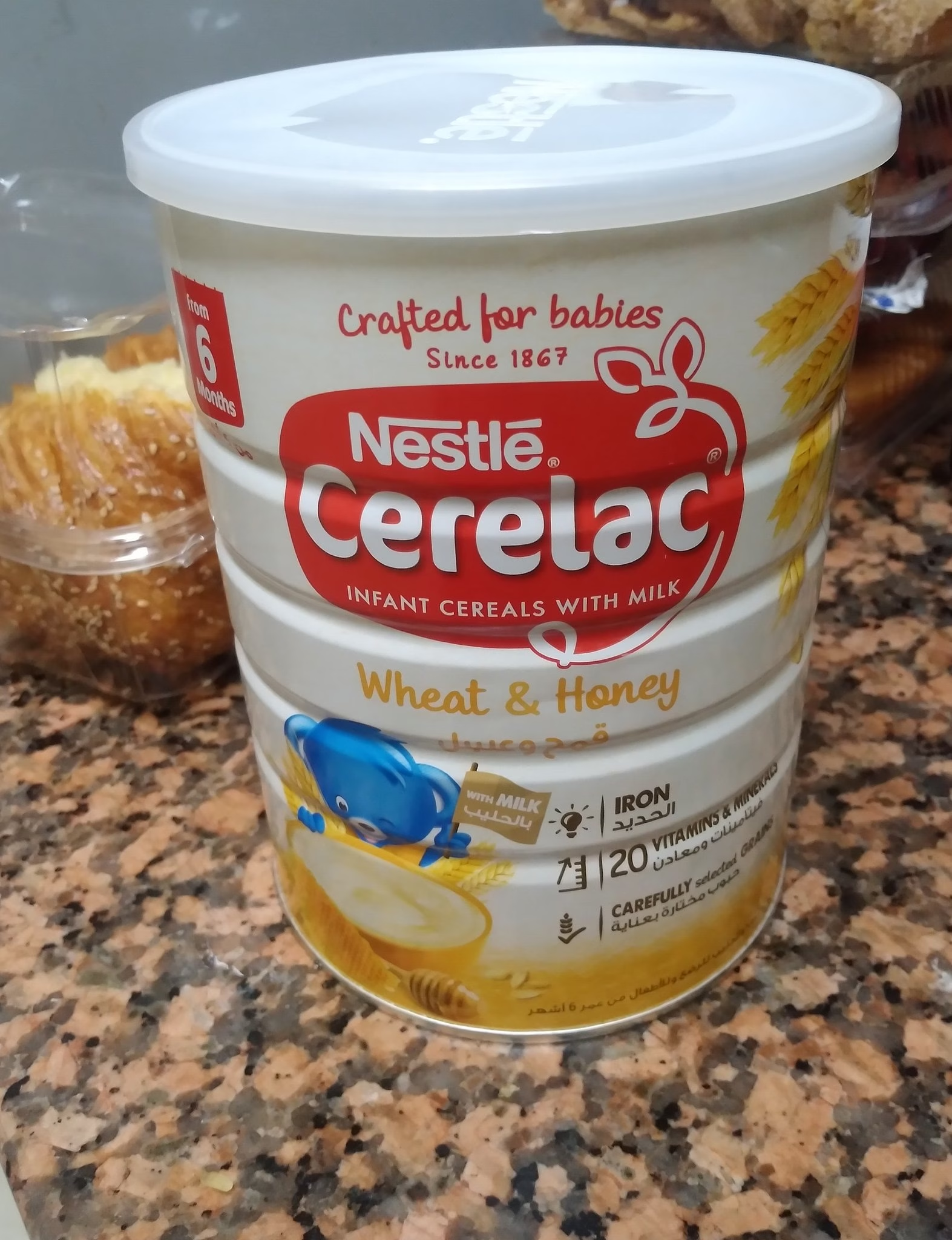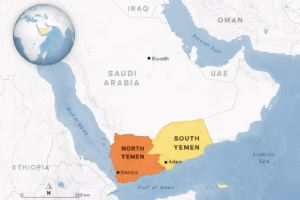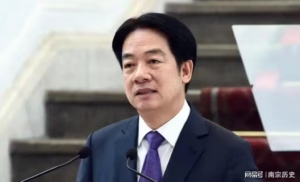Public concern over the nutritional quality of infant food has intensified after a new investigation suggested that Nestle, the Swiss multinational, may be selling baby cereals with added sugar in African countries despite offering sugar free versions in wealthier markets. Health advocates argue that this practice contradicts global recommendations on child nutrition and places young children at risk in regions already grappling with malnutrition and limited healthcare access.
Findings From A Multinational Investigation
The report, released by Public Eye on Tuesday, outlines the results of laboratory tests conducted on Cerelac products purchased in collaboration with civil society organisations across the African continent. Nearly one hundred items from twenty countries were sourced and sent to Inovalys, a French laboratory specialising in food analysis.
According to the NGO, more than ninety percent of the tested samples contained added sugar, often in notable quantities. Public Eye contrasted these findings with Cerelac products sold in Switzerland, Germany, and the United Kingdom, which reportedly contain no added sugars at all.
Warnings From Advocacy Groups
The report followed an open letter issued one day earlier by the International Baby Food Action Network and nineteen other civil society organisations representing thirteen African nations. In their message to Nestle Chief Executive Officer Philipp Navratil, the groups cautioned against what they view as inequitable nutritional standards. They stated in the letter that,
“all babies have an equal right to healthy nutrition – regardless of their nationality or skin colour.”
Global Health Guidance On Sugar Intake
Growing international consensus stresses that infants and toddlers should not consume added sugars. In March, the United States Centers for Disease Control and Prevention reiterated that complementary foods for young children must be
“nutrient dense and not contain additional calories from added sugars.”
The World Health Organization has repeatedly encouraged countries to take steps to reduce sugar consumption. Its advisories note that excessive sugar intake can drive unhealthy weight gain in early childhood and elevate the risk of future disease.
Nestle’s Response To The Allegations
Nestle has firmly rejected the accusations, maintaining that it does not apply different standards between regions. The company insists that its infant cereals in African markets do not contain what it describes as
“high levels of added sugars”
and says the formulations are designed to fulfil the nutritional needs of children. According to the firm, the products are
“fortified to combat malnutrition.”
Nestle also stated that versions of its infant cereals without added sugar are already present in ninety seven percent of its global markets, adding that it intends to reach full coverage by the end of 2025.
An Ongoing Pattern Of Concern
Public Eye has raised similar concerns in the past. In April last year, the organisation reported that Nestle added sugar to baby food in several low income countries, including India, while selling sugar free versions in European markets. The latest findings have renewed calls for stronger transparency, consistent formulation standards, and better protection for infants who rely on commercial complementary foods.
The debate over sugar content in infant products continues to place multinational food companies under scrutiny, as public health experts and advocacy groups push for globally aligned nutritional standards that prioritise children’s wellbeing across all markets.

















